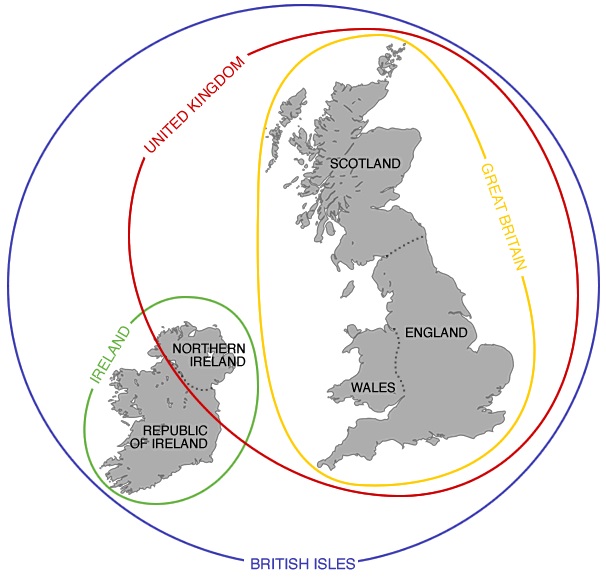Conservation and wise use of wide diversity of inland and coastal wetlands is a powerful climate change response.
Adverse effects due to Wetland Degradation
As sea levels rise, coastal salt marshes retreat landward, but when their retreat path is blocked by coastal areas hardened by shoreline structures , such as seawalls or rock revetments, we lose wetlands in what is known as “the coastal squeeze.
Measures taken for Wetland conservation
Reference
During the pandemic 0.7% of the country’s population was recorded as a ‘temporary visitor’ in Migration in India 2020-21 report released by the Ministry of Statistics and Programme Implementation (MoSPI)
Reference
The European Union (EU) has said that the proposed Northern Ireland Protocol by UK violates international law and has threatened to take legal action if U.K. goes ahead with the legislation.

Proposed changes in the protocol –
Doctrine of necessity emphasize that certain actions must be taken at a particular moment although such acts would be regarded outside the scope of the law in a general legal situation.
Reference
The comments by Nupur Sharma and Naveen Jindal have put the spotlight on the law that deals with criticism of or insult to religion.
Reference